
Former Auditor-General of Ghana, Daniel Yaw Domelevo, has sharply criticized the government’s economic policies, particularly in relation to taxation and its impact on ordinary citizens.
In a recent interview on Ghana Decides with Berla Mundi on TV3, Domelevo raised concerns over the country’s shift from production to taxation.
Domelevo’s comments come in response to Vice President Dr Mahamudu Bawumia’s earlier promise to shift the country’s focus from taxation to production as a means of boosting economic growth.
Domelevo expressed skepticism, asserting that the government’s recent actions, particularly around taxation, have not lived up to the initial promises of economic transformation.
Domelevo pointed to the government’s tax policies that, in his view, impoverish ordinary Ghanaians.
He highlighted the practice of imposing additional taxes on electronic payments, such as mobile money transfers and digital transactions.
“The issue is that when you pay via electronic platforms, you are taxed on your transaction. But even the payment you make includes tax for the government. So, in paying tax, you pay tax again,” Domelevo remarked on December 6, stressing that this double taxation harms consumers.
Domelevo also queried the government’s Domestic Debt Exchange (DDE) program, which he claims has robbed Ghanaians of their savings.
According to him, the government’s use of long-term savings and securities, such as bonds, through the DDE program, represents an unfair confiscation of the people’s money.
“This is robbing the people,” Domelevo asserted. “Some have died and have not had access to their savings. This is their sweat. That’s why I’m saying that government has moved from taxation to robbery.”
He compared Ghana’s situation to Zimbabwe’s past economic crisis, where the government seized citizens’ savings, including foreign currency accounts, a practice Domelevo warns could spread to Ghana.
Reflecting on his personal experience with economic turmoil in Zimbabwe, where he and Vice President Mahamudu Bawumia witnessed the confiscation of people’s domestic savings, Domelevo expressed deep concern over Ghana’s economic trajectory.
He urged caution, advising that once governments begin seizing domestic savings, it becomes a slippery slope that could lead to broader financial instability.
“I saw the red flag coming with the Domestic Debt Exchange. I immediately moved my savings, including treasury bills, because I knew it could escalate further,” Domelevo said.
“It can move to treasury bills. It can even come into your savings account,” he added.
Domelevo also shared his thoughts on the proposed 24-hour economy policy by the National Democratic Congress (NDC).
While the former Auditor-General acknowledged that certain sectors could benefit from extended operating hours, he cautioned that the success of the policy depends on careful identification of the sectors that can truly operate beyond the traditional 8-hour workday.
He mentioned the example of Ethiopia, where banks operate until 8:00pm, and how such a model could benefit businesses in Ghana.
However, Domelevo emphasized that this policy should be applied selectively to institutions that require extended hours of operation.
Domelevo’s analysis emphasizes the need for transparent, realistic, and sustainable policies that will truly address the challenges facing the Ghanaian economy, rather than relying on short-term fixes that ultimately undermine public trust.
As Ghana seeks to recover from its ongoing economic challenges, the real question remains whether these promises will translate into tangible benefits for the nation’s citizens, especially its youth.
Read also:
Economist queries focus on training programmes for youth in party manifestos
By Christabel Success Treve
The post Domelevo criticises government’s focus on taxation to fund public expenditure first appeared on 3News.
Read Full Story
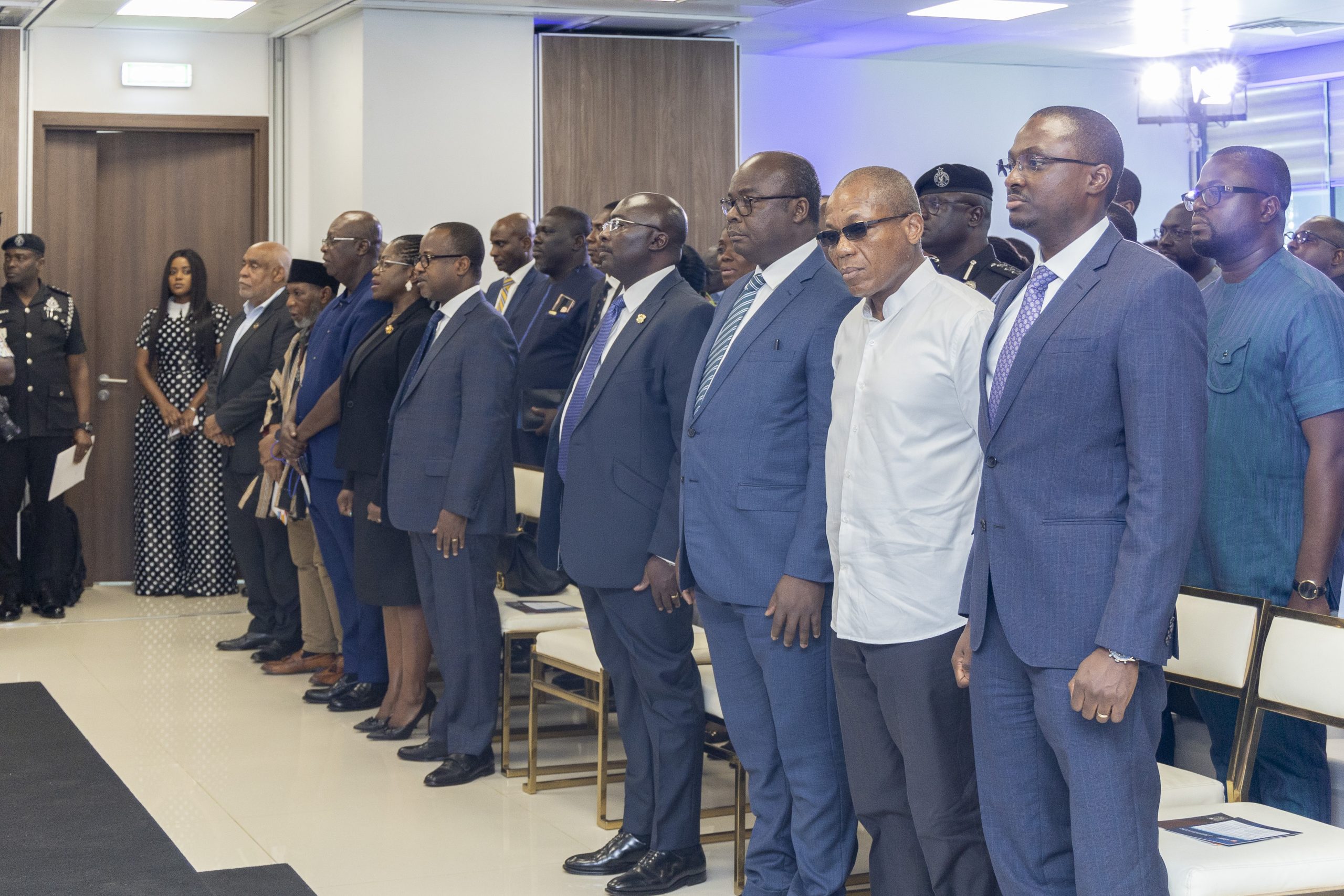
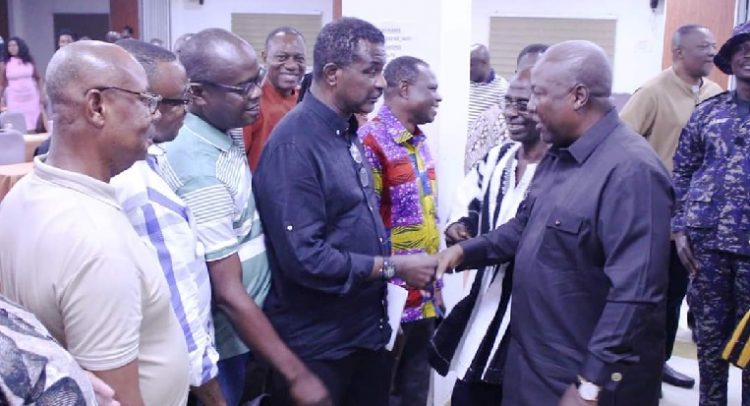


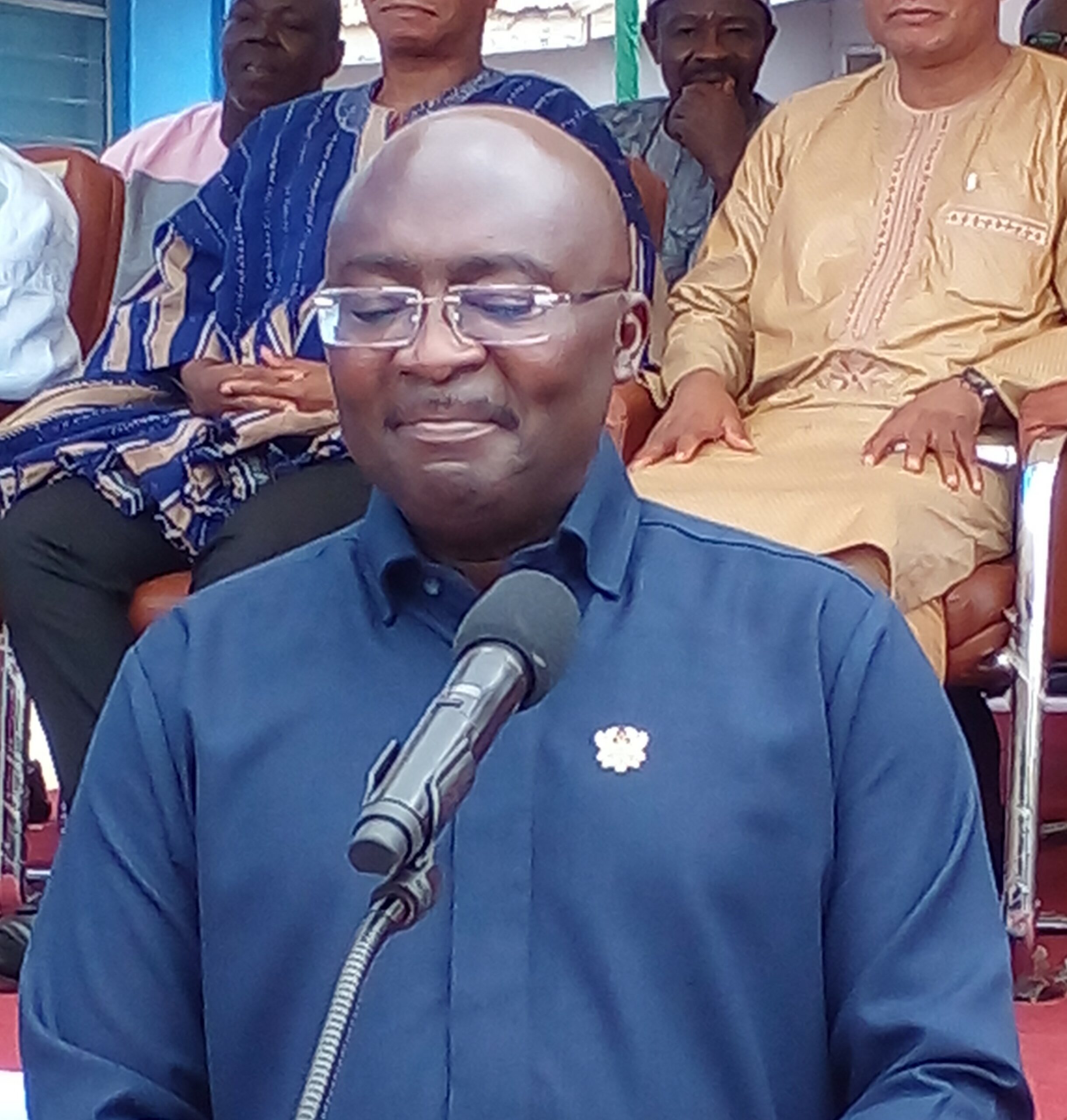

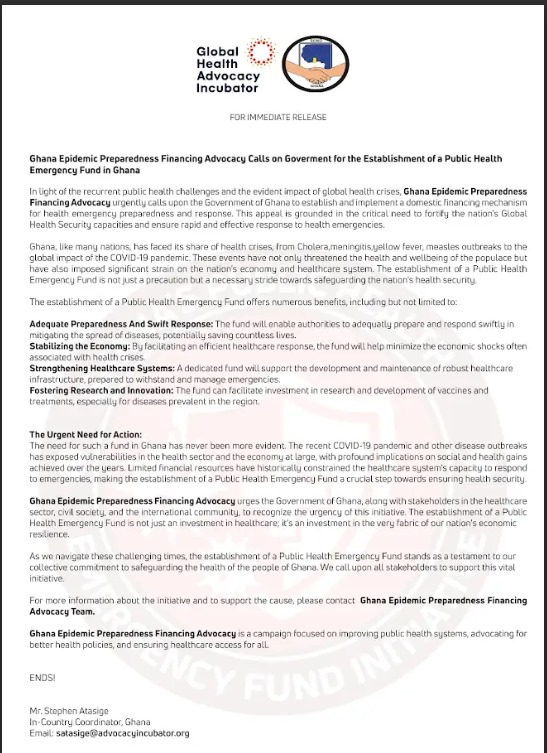














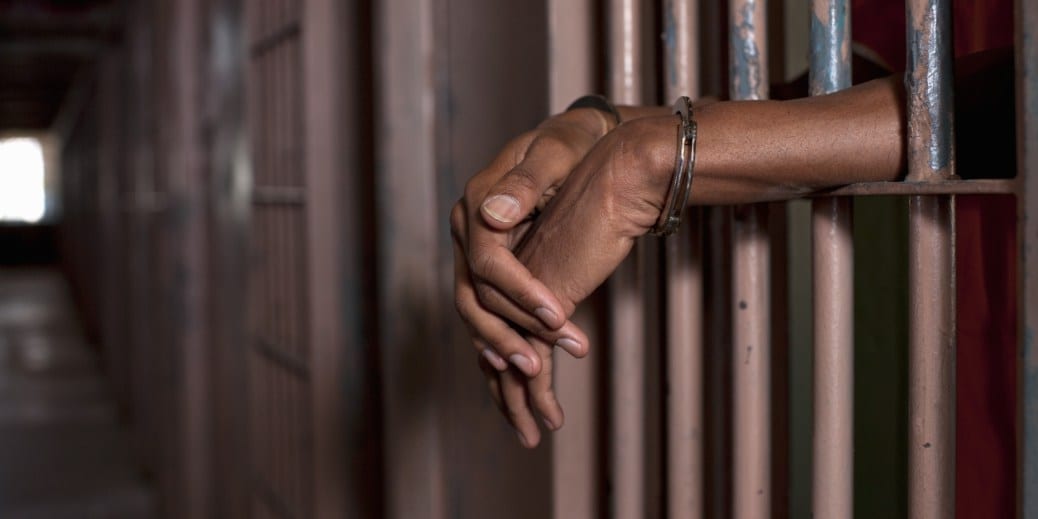


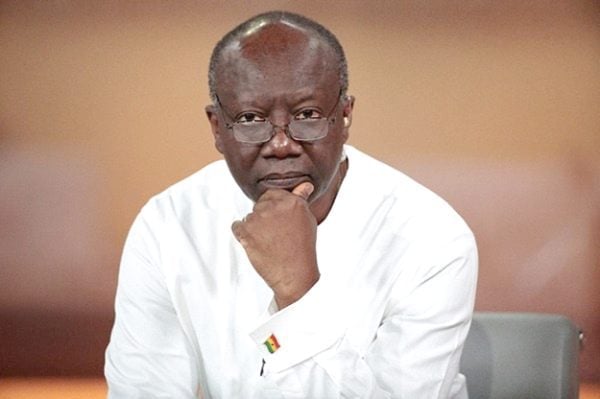

Facebook
Twitter
Pinterest
Instagram
Google+
YouTube
LinkedIn
RSS